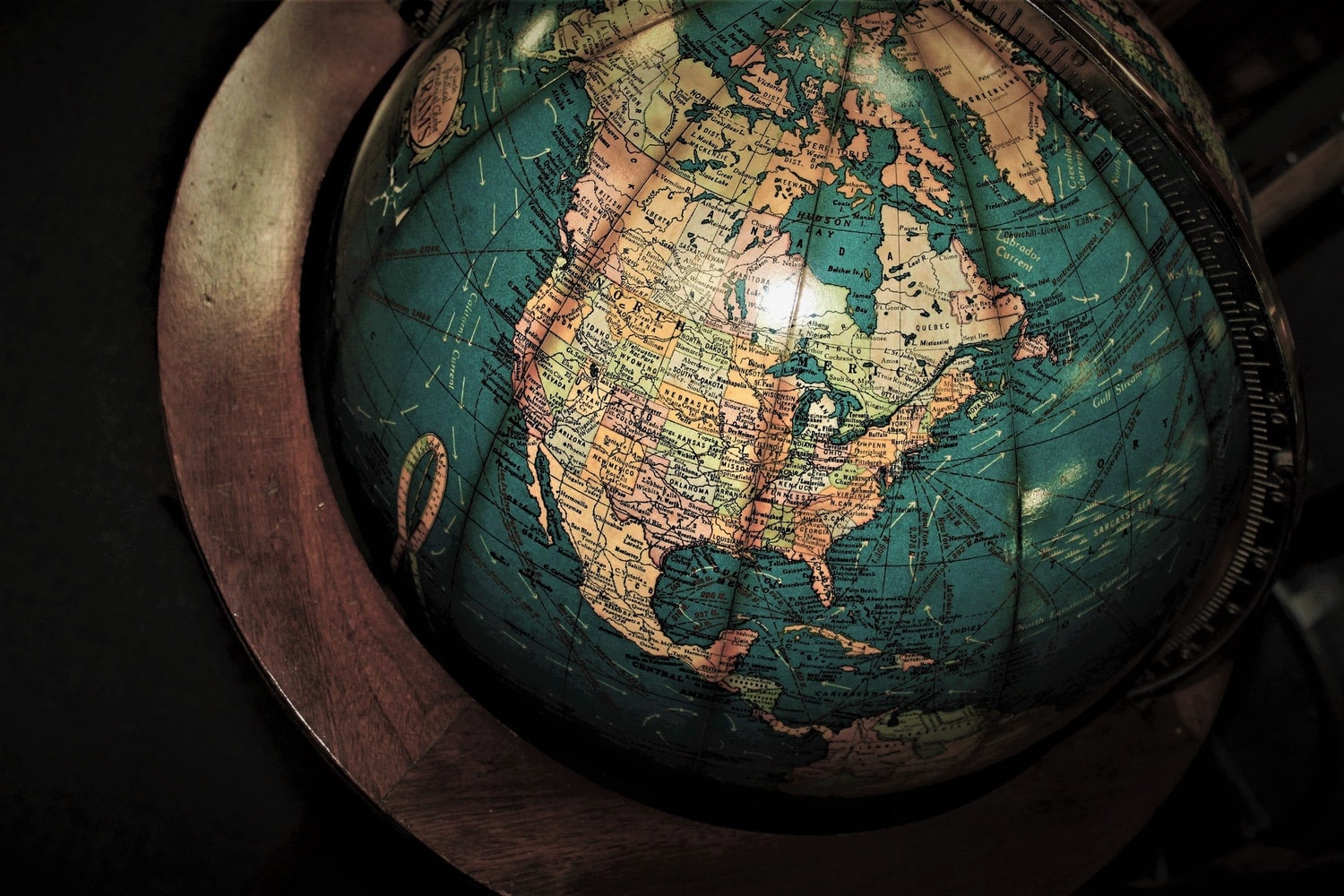IEA Raises Forecast on Worldwide Renewable Forecast but Bleak on Australian Wind Power
The International Energy Agency has stated improved policy settings have accelerated the global uptake of renewable energy and forecast generation...
1 min read
![]() Solar Trust Centre Team
:
Sep 19, 2016 8:05:39 PM
Solar Trust Centre Team
:
Sep 19, 2016 8:05:39 PM
Global warming caused by fossil fuel burning is heating up the North Pole and the South Pole, causing the Greenland and Antarctic ice sheets to melt. The fast retreating glaciers could have extensive and serious consequences for the planet, as it threatens to raise sea levels, change the global atmospheric circulation patterns and alter the global ocean circulation patterns. There is another serious trend related to climate change that is found in the so-call “Third Pole” located in Central Asia. The snow-covered Himalaya-Hindu-Kush Mountains and the Tibetan Plateau contain the biggest ice mass on Earth outside the Polar Regions. This “third pole” is also experiencing dramatic melt, threatening the water supply for more than a billion people.
A new study that was published in the journal “Nature Communications” finds that the black carbon aerosols are advancing glacier melting. Researchers found evidence that fossil fuel burning and biomass burning contributes to air pollution reaching the Third Pole. The black carbon particle matter floating in the atmosphere absorbs sunlight, causing temporary regional warming. Also, when black carbons accumulate on the glacial surface, it can blacken the ice surface, causing more sunlight absorption and a faster-melting rate.
Biomass can also come from different sources, including yak dung combustion for daily heating and cooking. The researchers found that in the Himalayas, there was an even split between biomass burning and fossil fuel burning contributing to black carbon. Most of the black carbon in the northern part of the Tibetan Plateau comes from fossil fuel burning in China. Professor Sichang Kang, one of the authors of the study and a professor at the Chinese Academy of Sciences Institute of Tibetan Plateau Research said that about 2/3 of the black carbon came from biomass burning.
Click here to read the full story
Featured Image Credit: Balathasan Sayanthan

The International Energy Agency has stated improved policy settings have accelerated the global uptake of renewable energy and forecast generation...
According to Inhabitat, while there is a scientific unity that global warming is true and that it is caused by human activity, whether or not climate...

Gizmodo reported that Tesla may have found the solution to their bottleneck issues last quarter, which cost them $619 million loss, but the found...